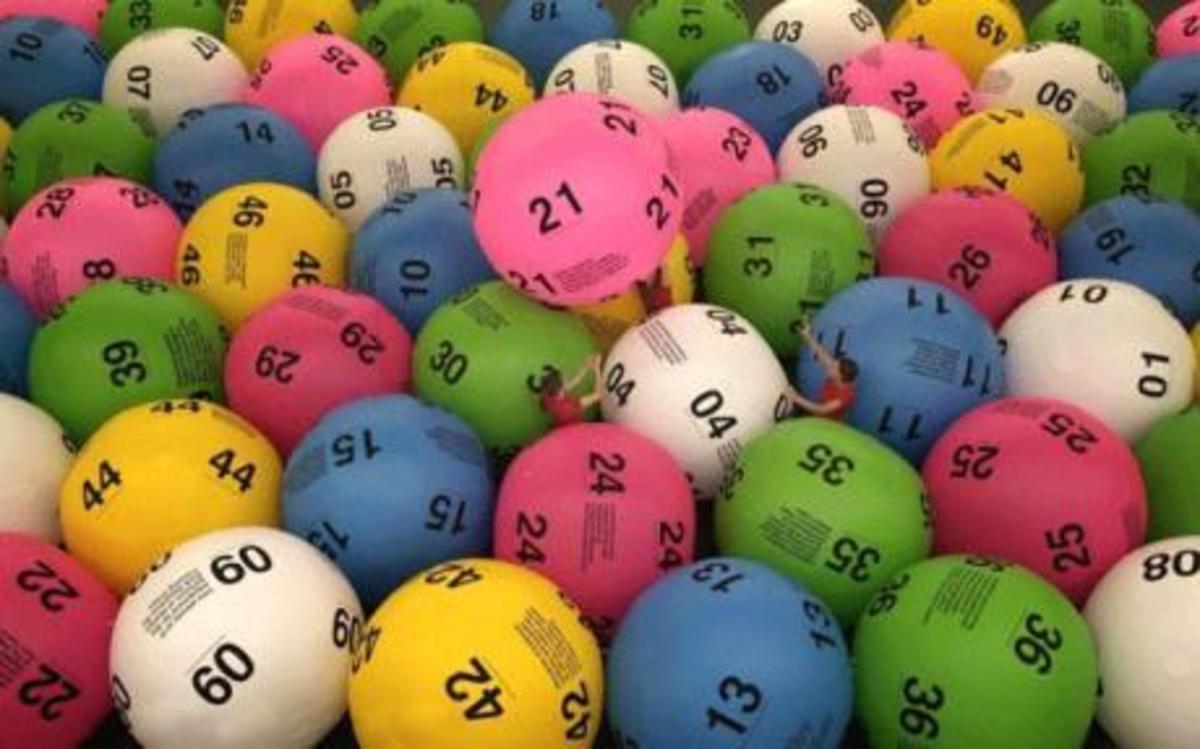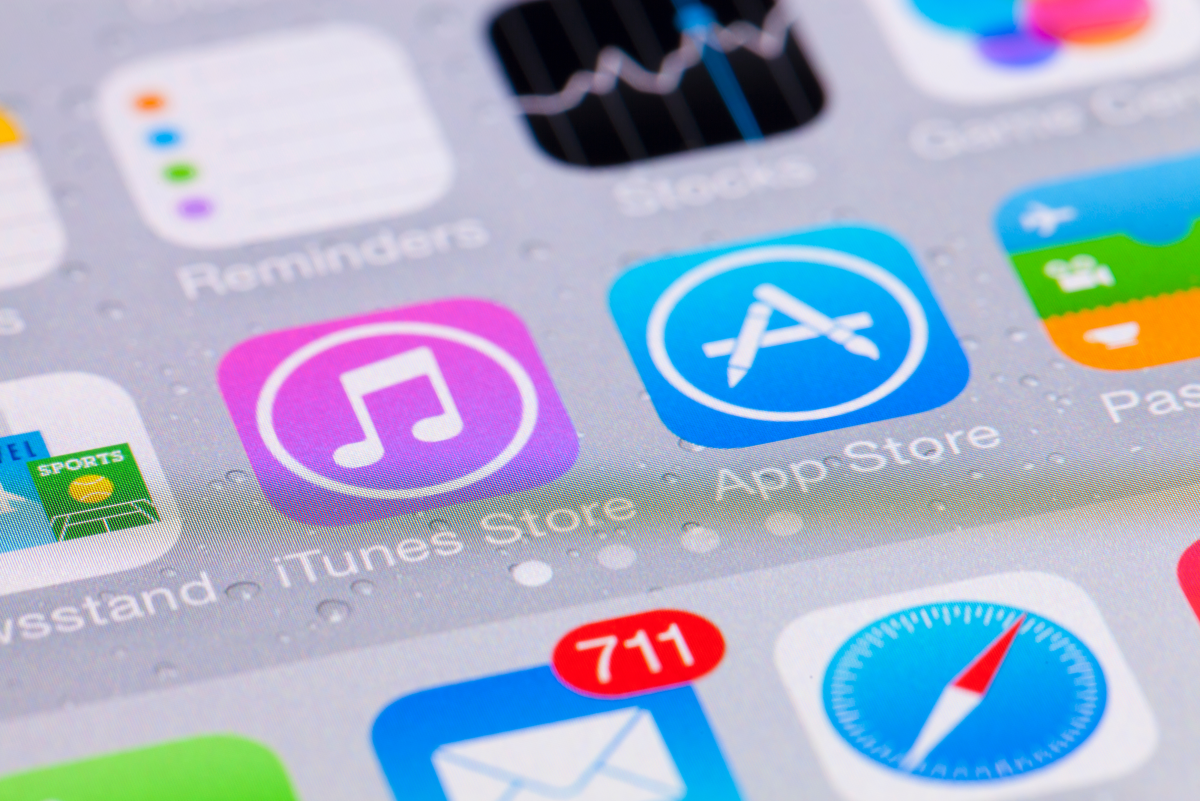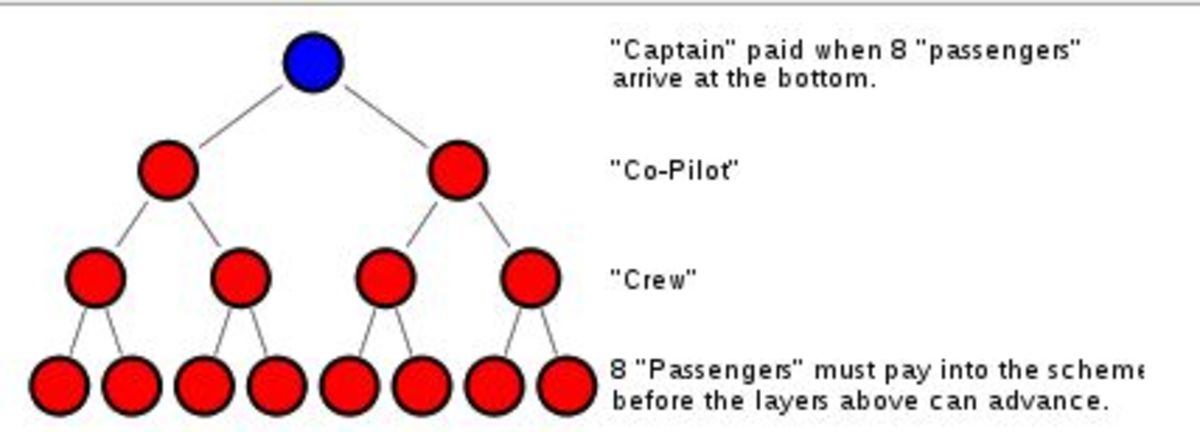The Real Lottery Odds, Really?
Winner?
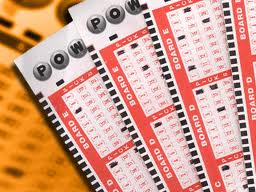
Did I WIN? Did I WIN?
We all heard the state sponsored comments about convincing you to part with your money to WIN the lottery -- "If you don't play you can't win." Just another scare tactic used to get you to part with your money. How about all the testimonials from the occasional winners all touting how they won the lottery, but you never hear from the 100 million other people who didn't win. The lottery folks are quick to state that your odds of winning anything is a comfortable 1 in 31.85. Sounds pretty good doesn't it? Well read on and see how your being duped.
Ironically, only a few generations ago, our government and the majority of our society outlawed gambling by the public. Currently only our governments are allowed to run lotteries, something is inconsistent with that picture. But back to the real problem with lotteries.
Snake Eyes
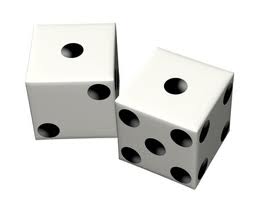
How Odd are Odds?
All gambling environments state your winnings by using the standard mathematical methods of statistical odds. Don't worry we won't get bogged down in complicated formulas that would at worst lower my Hub ratings. Read on to see clear simple examples of what it means to bet on certain types of odds. Yes, lottery tickets are a form of betting and you will most likely lose your money.
Let's start out with a simple example of odds of winning. Let's say you have a standard six sided dice with one to six dots on the die. The odds of rolling any particular number on the die is always one in six or a ratio of 1/6. The one indicates that you are going to choose just one number from the die. The six indicates how many numbers are available on the die, this is called the population. Of course popular convention dictates that only the number that appears on the top of the die is the winning number.
Rolling two dice is not a simple doubling of the odds. The mathematical term to determine the population is called a factorial. This number is the number of possibilities to be rolled on the first die, and that number is multiplied by the number of possibilities on the second die. So 6 times 6 or a ratio of 1/36. We won't get into the odds of rolling any particular number on a die because there are many variations of rolling any particular number. There are more ways to roll a seven then say rolling a 2 or snake eyes.
It starts to become obvious to the observer that the more numbers you have to pick from increases the odds in a huge logarithmic way. Also, the amount of numbers to pick increases the odds even further. When playing a lottery game such as Powerball the game shows a population of 59 numbers, 1 to 59 not counting the power ball itself. The number of picks allowed in the population is 5 picks. The odds are high indeed just to pick the original 5 white ball numbers. Lets spare you the math, but picking 5 numbers out of 59 is over 5 million to one. When you add the power ball to the equation the number jumps to over 175 million to one. Are you confused or convinced yet?
Number Please?

Can't Win If You Don't Play.
Don't let the numbers numb you into lethargy. The lottery management is counting on you to give up and just spend your money before you realize how fruitless the task your undertaking now.
Let's take a simple easy way to understand the method of what is going on here. We already know that the odds of winning the Powerball is over 175 million to one. So how do you visualize this type of situation?
OK, here we go! Imagine that you are about to enter a large room. Your task is to win the lottery by entering the room.... Inside the room is every phone book published in the United States. A blindfold is placed on your eyes, you are now instructed to go into the room and fumble around with all the phone books. All you have to do to win the lottery is to pick up a phone book, open it up to a certain page in the book, point your finger to one entry in the book AND if that entry IS YOUR PHONE NUMBER! Congratulations! You have won the lottery.
BUT wait you bought 5 tickets. OK, no problem you can enter the room 4 more times to try and find your phone number while blindfolded. So, do you think you won? Or did the taxation system for our government actually win big time?
At least while gambling in a casino playing blackjack or slot machines, you might lose all your money, but at least you had a good time being entertained for a few hours during your visit.
Maybe we should ask our politicians to entertain us when we use the lottery.
Copyright notice
This website page and its content is copyright by Donald Fairchild - © 2011, 2012. All rights reserved.
Any redistribution or reproduction of part or all of the contents in any form is prohibited other than the following:
- You may print or download to a local hard disk extracts for your personal and non-commercial use only
- You may copy the content to individual third parties for their personal use, but only if you acknowledge the website as the source of the material
You may not, except with our express written permission, distribute or commercially exploit the content. Nor may you transmit it or store it in any other website or other form of electronic retrieval system.


